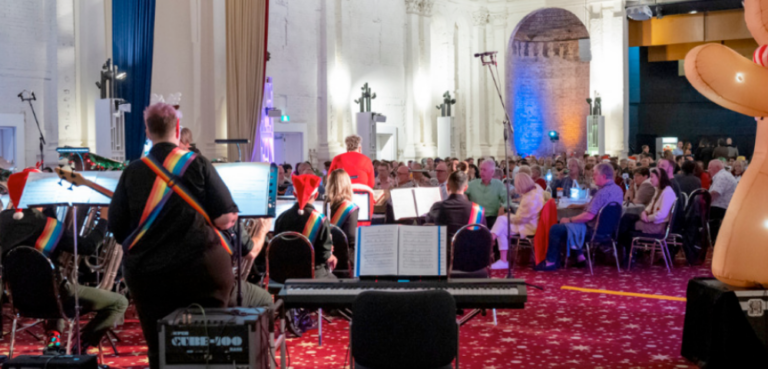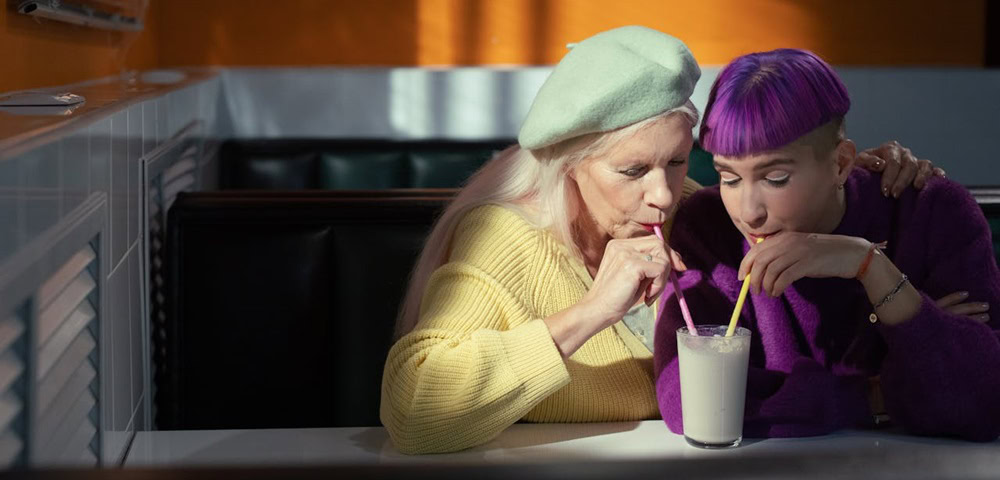
Policing and Mardi Gras: The way forward

 Thank you to everyone who attended last week’s community forum on policing and Mardi Gras.
Thank you to everyone who attended last week’s community forum on policing and Mardi Gras.
You were vocal, passionate, knowledgeable and constructive; exactly the qualities which have helped our community overcome so many barriers since the first Mardi Gras 35-years-ago.
We have come so far, and clearly we have further work to do.
The issues you raised were diverse and far reaching, and included the use of drug detection dogs; police conduct, training and education; unease with the police complaints mechanism; the role of community organisations in the response to these events; use of security contractors to patrol events; the scale of police operations, and the negative perception to visitors to Sydney.
You made it clear that our community is responding not just to the two events which were reported from parade night, but to wider discontent with the way police have interacted with our community over an extended period.
As Surry Hills Local Area Commander Superintendent Tony Crandell said, “This level of disquiet has resonated greatly with me, and I have some work to do”.
As a community organisation whose mission is to advocate for equal rights and treatment for our community, we have some work to do too. We hope you will partner with us in this – your voices will make a difference.
There are couple of things that we can do right away. First, we would encourage you once again to report any incidents of over-policing that you experienced or witnessed. Without this data, reform is less likely to happen. You can do so here.
We understand that many in the community have concerns about approaching police directly. If that is the case, or if you seek further advice and/or support, you can make a report to the Inner City Legal Centre or ACON’s Anti-Violence Project.
We also understand that many in our community have concerns about the current systems of police oversight in relation to complaints. Indeed, this issue has received attention from communities and individuals well beyond our own.
With this in mind, we are currently drafting a petition for presentation to the NSW Legislative Assembly calling for debate and action on improved systems of complaint handling and oversight.
If the petition gets 10,000 signatures (which must be hand-written, not electronic), then the issue must be debated in the Legislative Assembly. That is our goal, and very shortly we will have details on how the signature process will work.
These are first steps, and there is much further, long-term work to do. Some of this work will be difficult, but this also is an opportunity for us to use adversity to make our community stronger – as has happened so many times before.









